Georgian Prime Minister Irakli Kobakhidze announced his country would suspend until at least 2028 talks with the European Union to join the bloc and accused the European Parliament of blackmail. Kobakhidze’s statement came hours after the European Parliament passed a non-binding resolution condemning Georgia’s recent elections as “neither free nor fair” and called for new elections within a year.
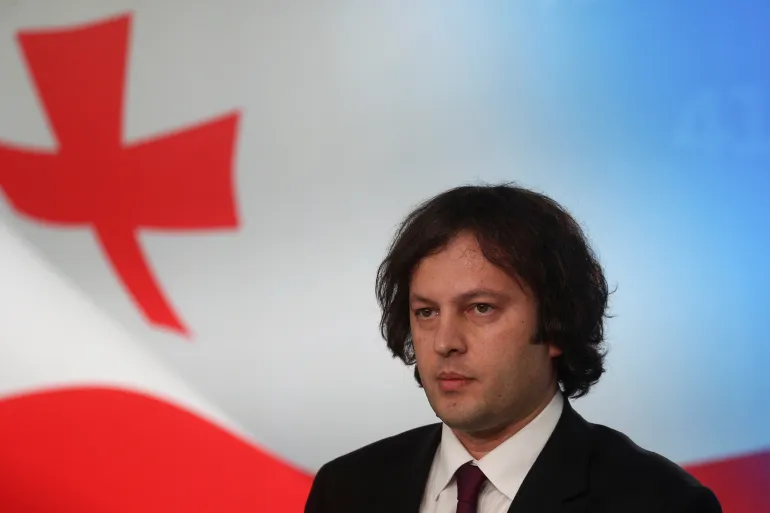
Georgian President Salome Zourabichvili was seen leading protests in Tbilisi, along with other opposition figures. Most protesters were peaceful, but authorities announced several arrests related to the protests. Multiple videos featured on social media and in independent media show police beating protesters and using water cannons to disperse crowds. Zourabichvili wrote on X that Georgian police were conducting “brutal attacks on the Georgian people and media.” Verified social media posts show a Georgian journalist bloodied after he was beaten by police.
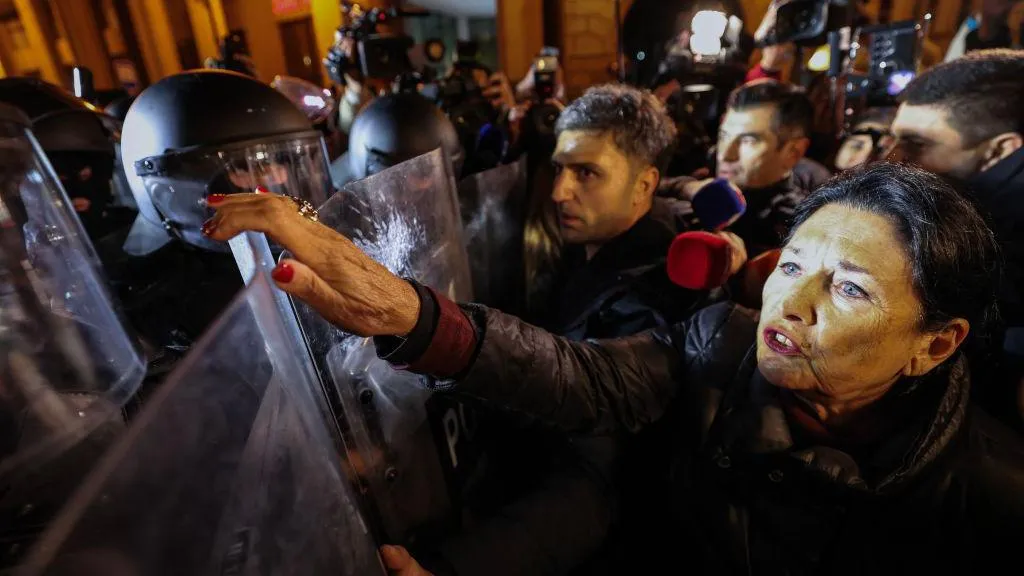
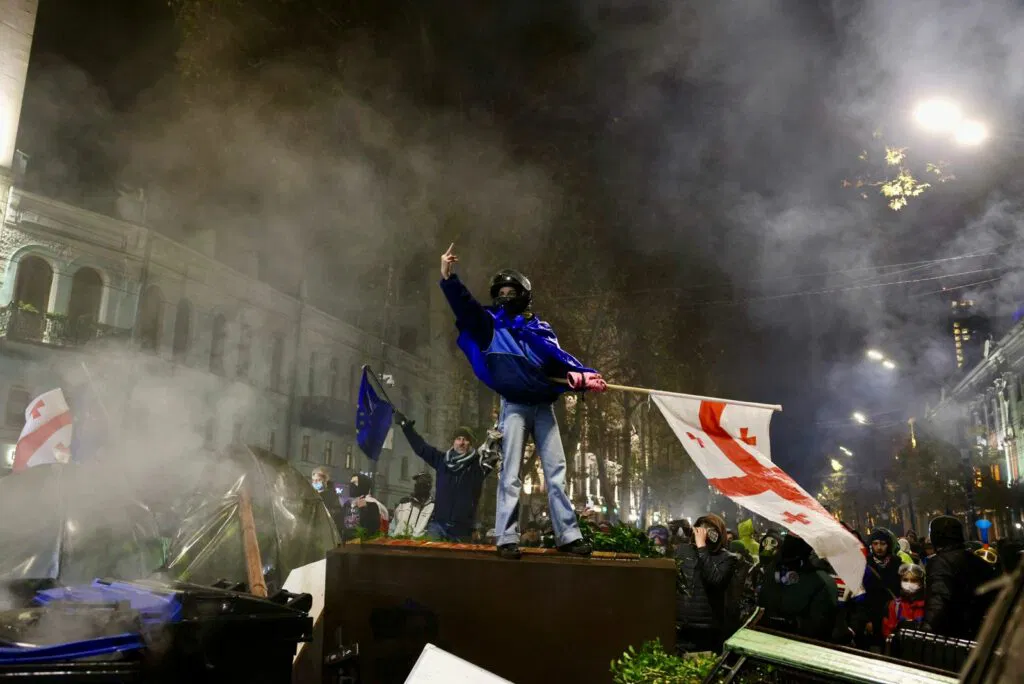
Many Western groups, including foreign missions from EU member states based in Tbilisi called on Georgia to allow peaceful protests and expressed solidarity with the Georgian people. In the United States, Representatives Joe Wilson (R-SC) and Steve Cohen (D-TN), who lead the U.S. Helsinki Commission in the U.S. House of Representatives, issued a statement declaring the ruling Georgia government “illegitimate” and calling on Georgia to allow peaceful protests. The Helsinki Commission, formally known as the Commission on Security and Cooperation in Europe, is a U.S. government commission that promotes democracy and economic integration in Europe and Eurasia.
Background
Georgia has for centuries balanced relations between European nations and Russia. It was formally part of the Soviet Union and former Soviet Premier Joseph Stalin hailed from Georgia. However, Georgia voted to leave the Soviet Union in 1991 and, since then, has sought closer relations with the West. In response, Russia invaded Georgia in 2008 and still holds a de facto claim over the territories of Abkhasia and South Ossetia, Georgian territories currently referred to by Tbilisi as “semi-autonomous” and recognized internationally as part of Georgia.
Georgia's constitution enshrines European integration as a core national initiative. In 2022, Georgia formally applied for EU membership after Russia invaded Ukraine. The European Parliament (EP) granted Georgia candidate status in 2023 but cited multiple barriers to that membership still exist, such as corruption, democratic backsliding, and insufficient judicial reform, among others.
Integration efforts have eroded since then. This year, Georgia’s Parliament passed a controversial bill requiring media, non-governmental organizations, and other groups to “register as pursuing the interests of a foreign power” if they receive more than 20% of its funding from abroad. This law resembles similar legislation in Russia and nations close to Russia and drew immediate condemnation from the United States and the EU, as well as pro-democracy groups and opposition politicians within Georgia. Zourabichvili vetoed the bill, but Georgia’s parliament overrode the veto.
Georgia’s election in October, which Western observers say was neither free nor fair, saw Georgian Dream claim 54% of the seats in Parliament. The Georgia Dream party has governed Georgia since 2012. Kobakhidze leads the Georgian Dream party.
Critics of Georgian Dream, including Zourabichvili, claim the party has sought to bring Georgia closer to Moscow against the will of the people. EU Accession enjoys considerable support among Georgian citizens.
Georgia Dream cites Western support for LGBTQ+ rights and foreign interference as reasons to distance the nation from Europe.

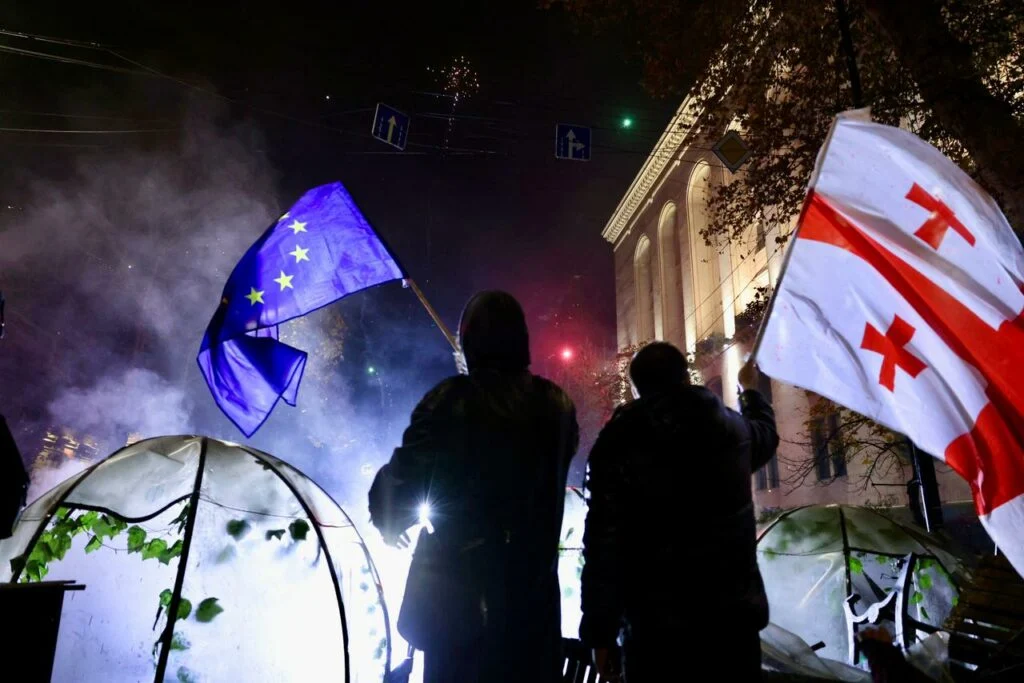
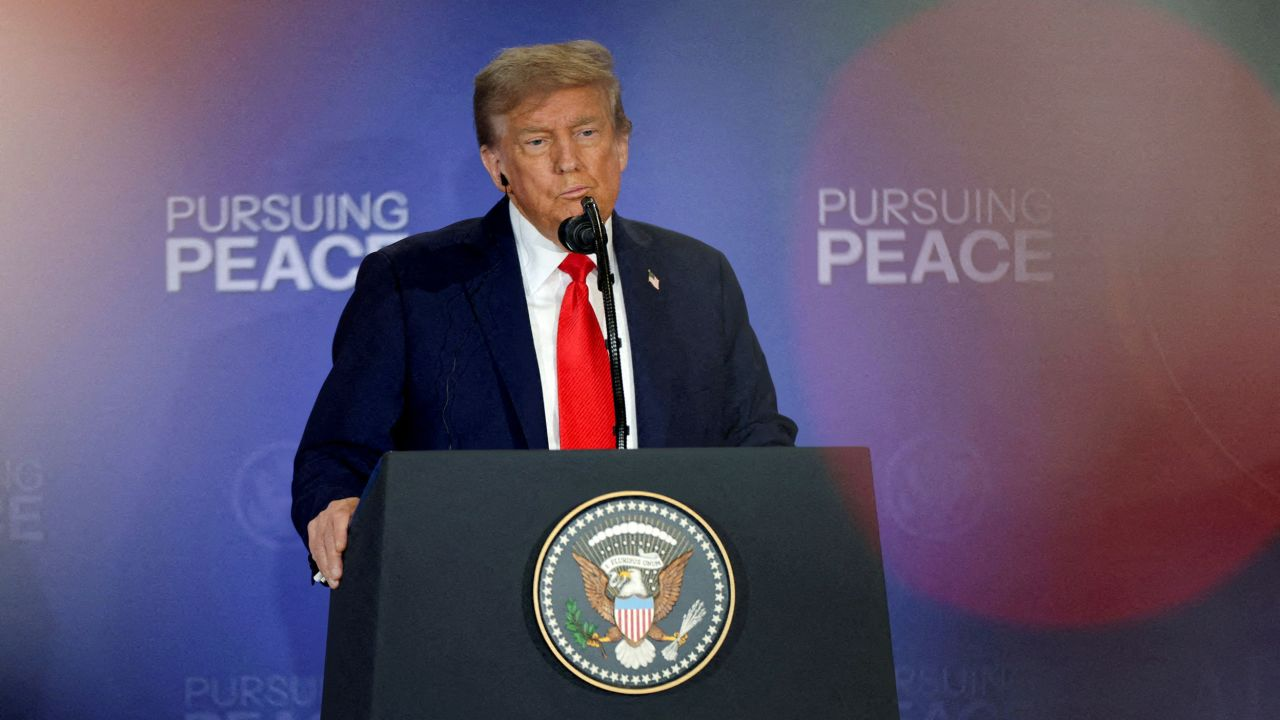

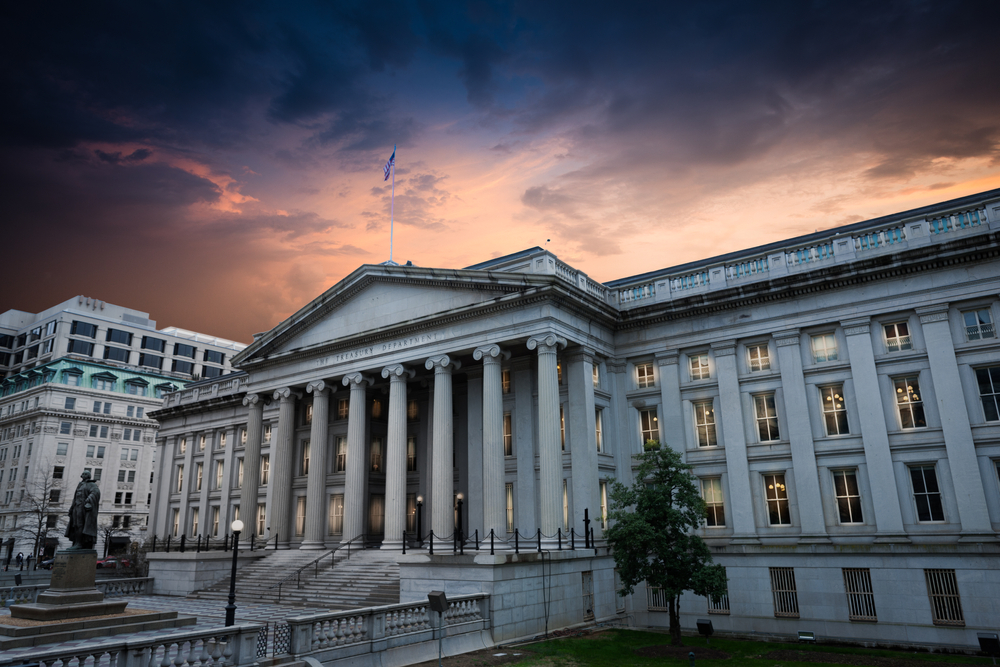
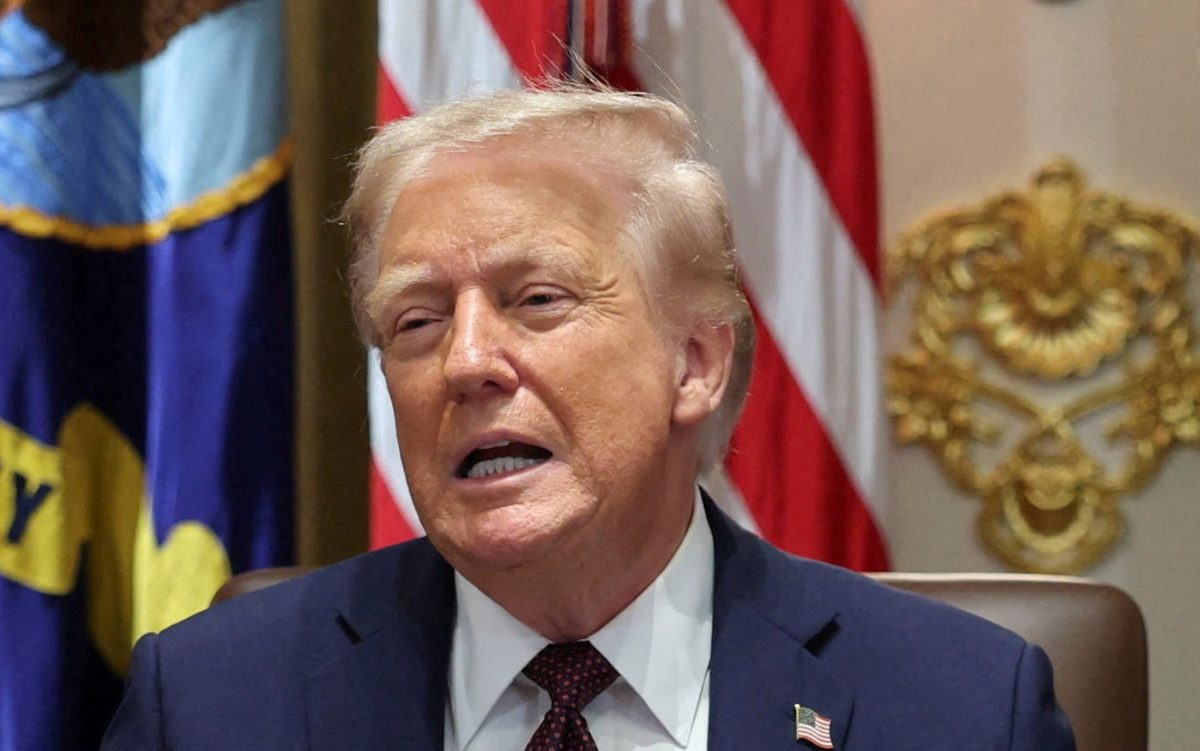
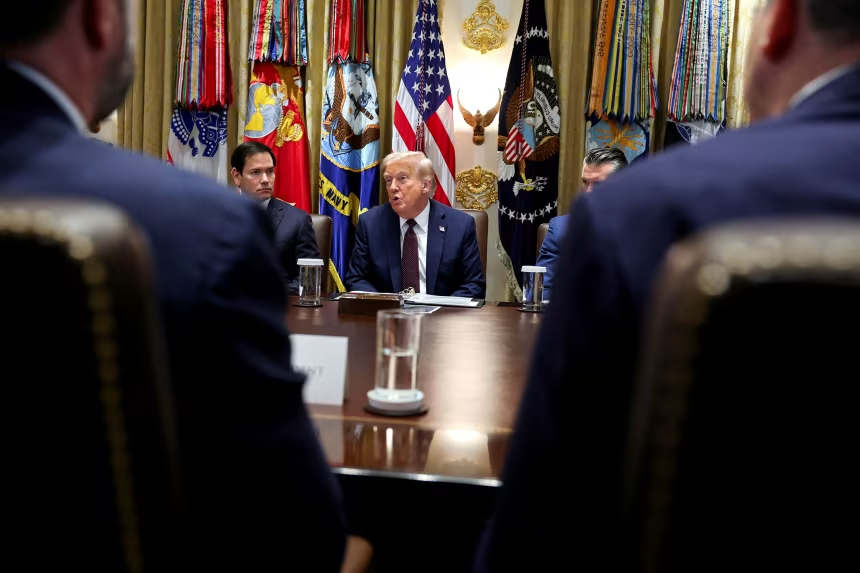
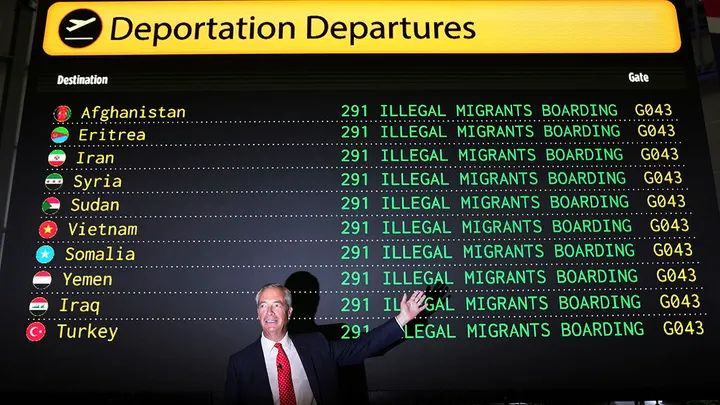
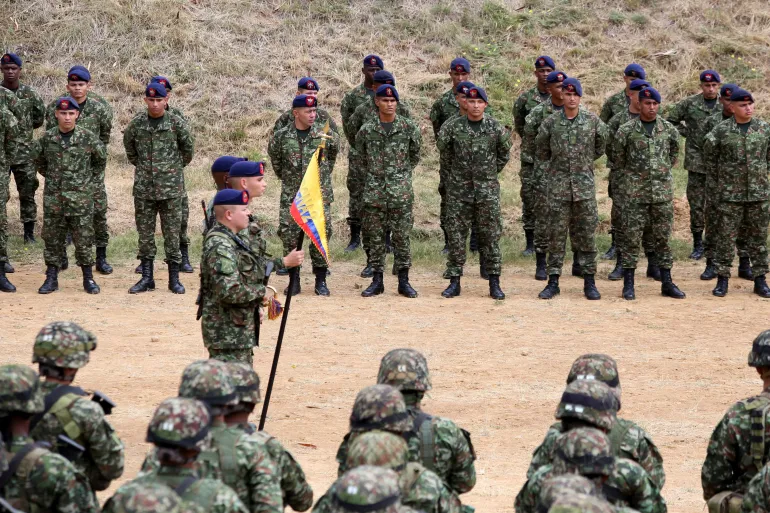
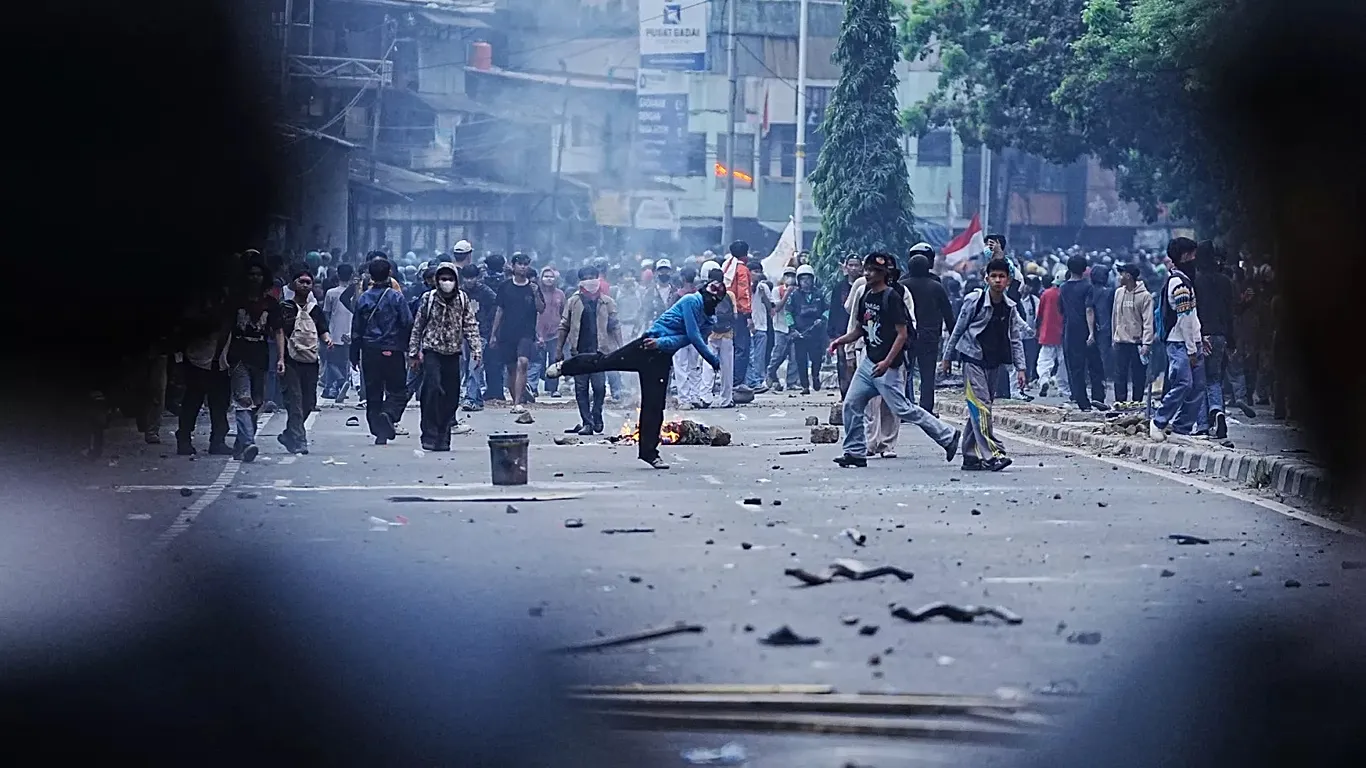
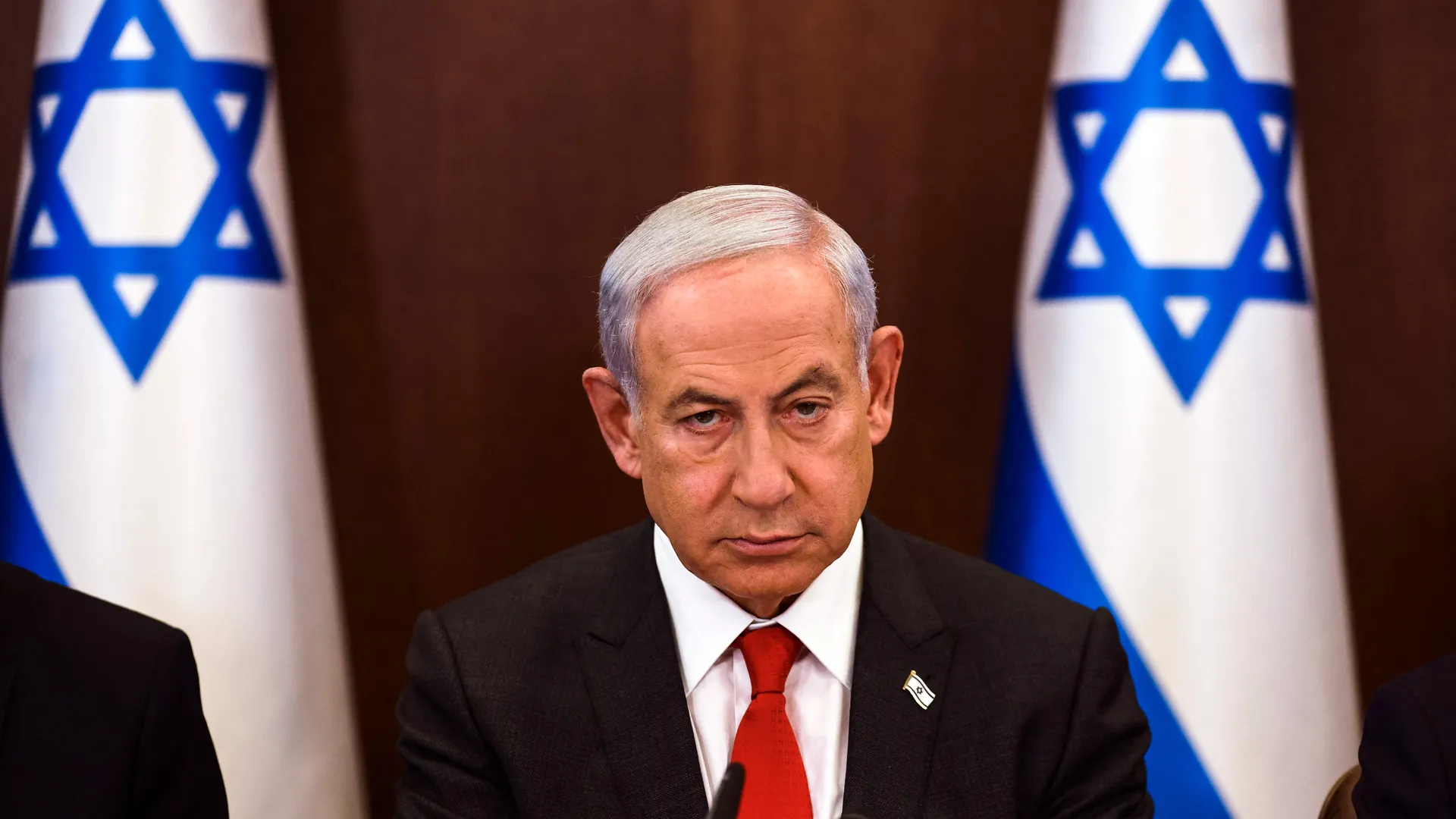
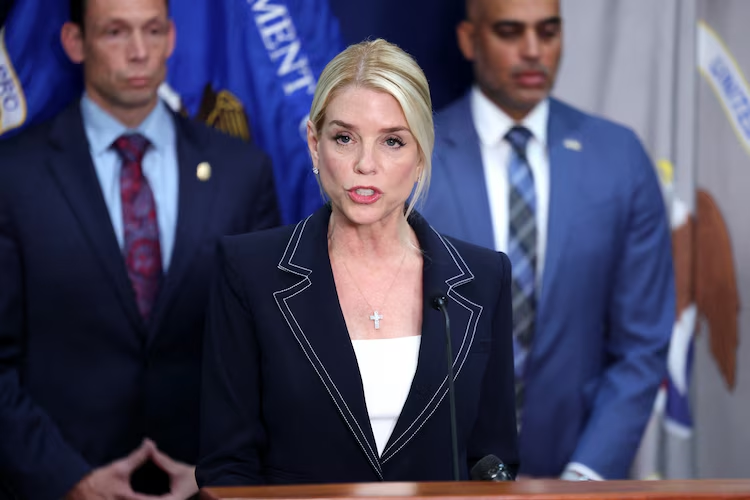
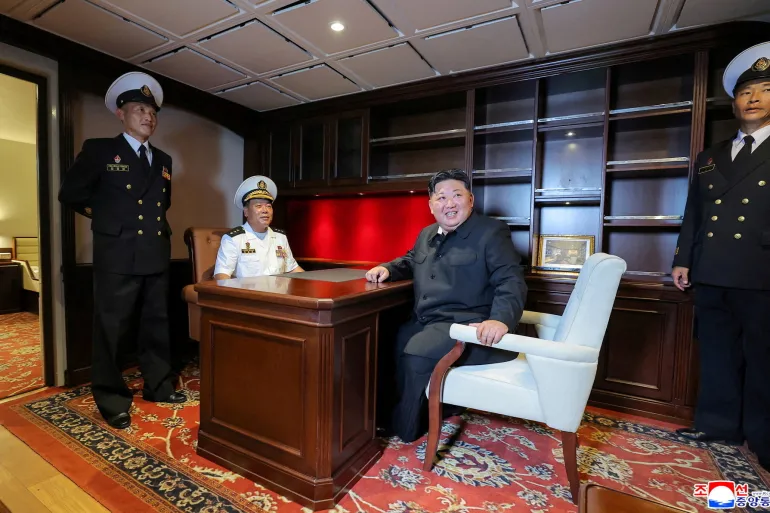
Discussion